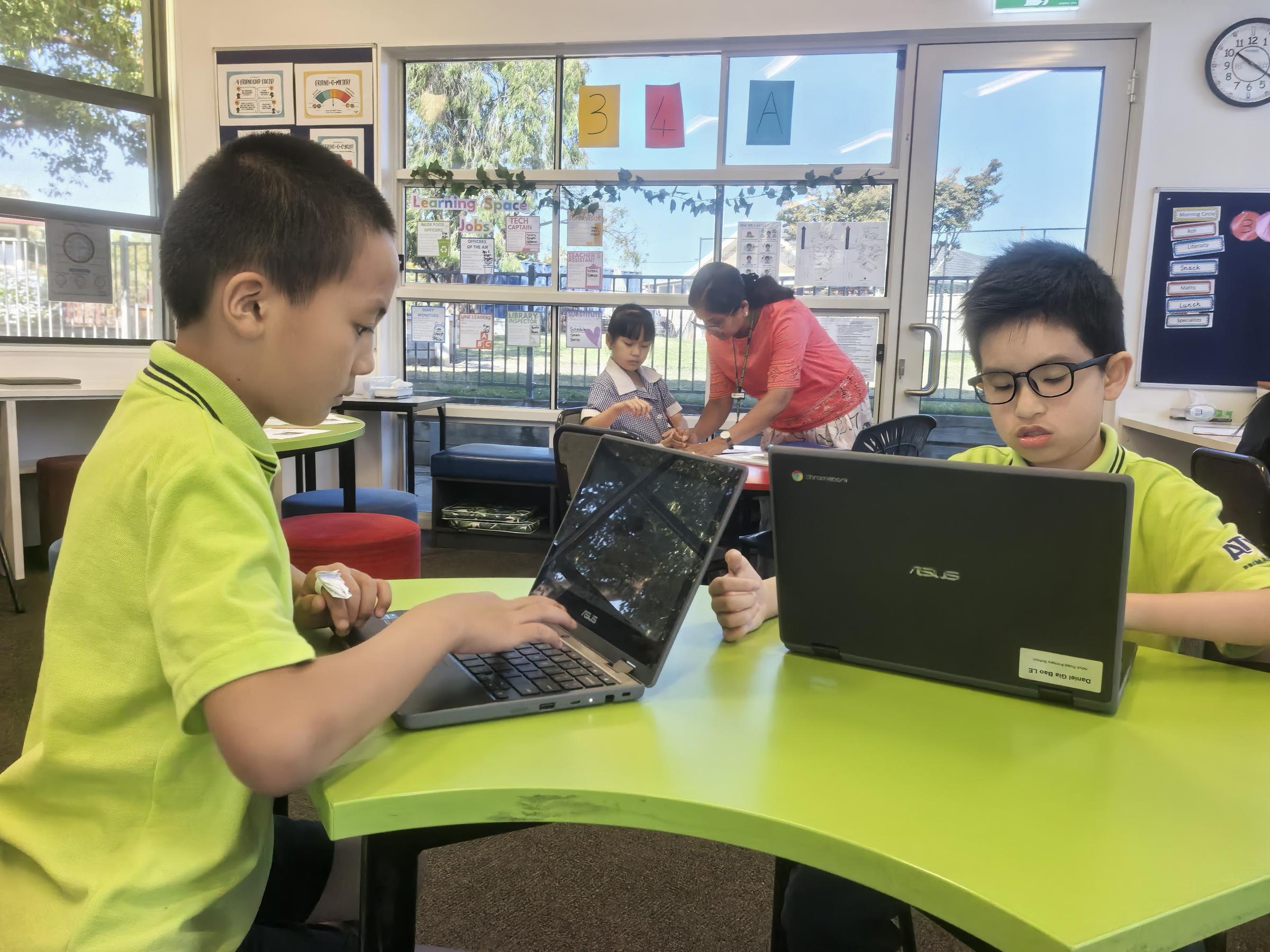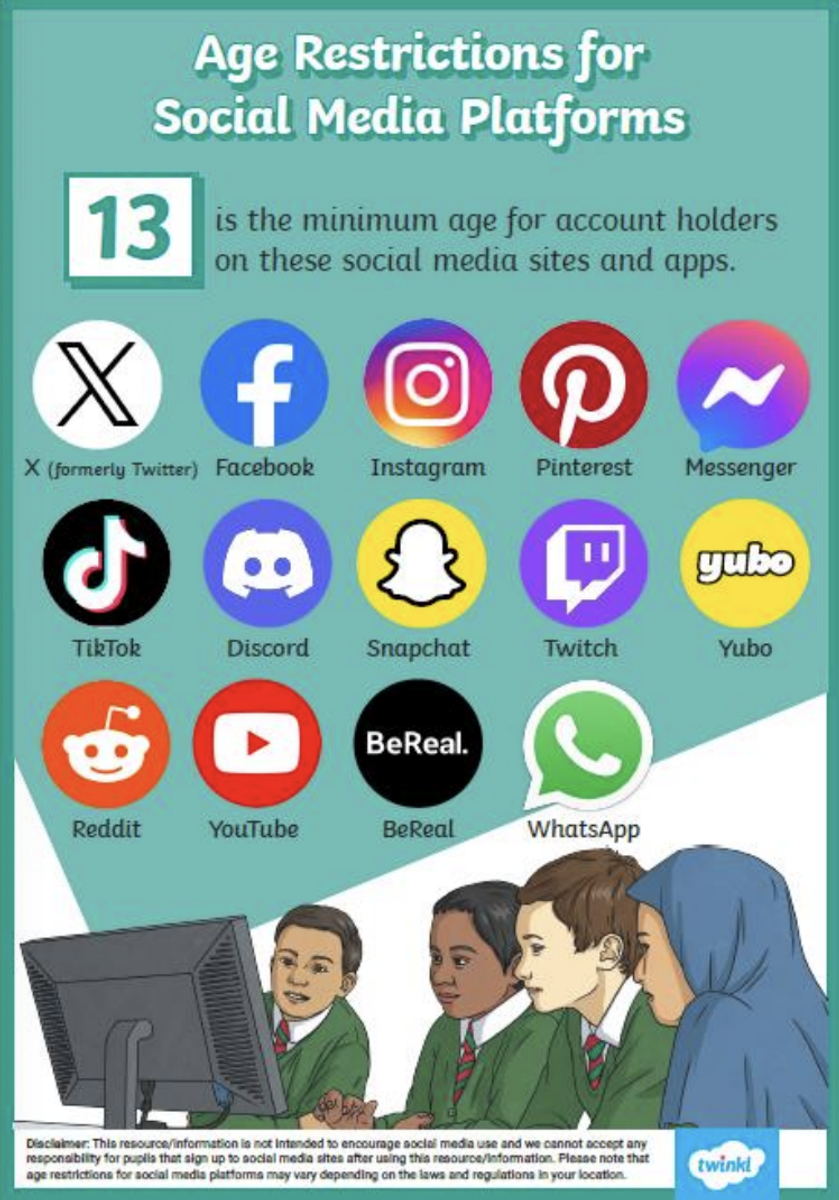Wellbeing and Inclusion Update

Monitoring Children's Access to Technology is Crucial
As we move into the school holiday period, it’s the perfect time to reflect on how we support our children to use technology safely and responsibly. With more free time and fewer structured activities, children often spend longer periods online, which is why it’s more important than ever to be aware of the risks and have clear boundaries in place.
Understanding Online Risks
While the internet can be a fantastic source of entertainment, creativity, and learning, it also comes with risks, including exposure to inappropriate content, online predators, cyberbullying, and privacy breaches. Without active supervision and guidance, children can be vulnerable to harmful experiences online.
Setting Clear Guidelines at Home
To support safe and healthy online habits:
Set time limits on device usage and talk to your child about balancing screen time with other activities such as reading, outdoor play, and family time.
Create a family tech agreement outlining expectations around what is safe and appropriate online.
Use parentalcontrols and passwords on devices to manage access to certain apps and content.
Ensure that devices are not taken to bedrooms overnight, this helps to reduce screen time, promote better sleep, and minimise unsupervised use.
Know the Age Restrictions
It’s important to remember that many popular apps, such as Snapchat, Instagram, and Discord, have a minimum age requirement of 13 years. These age restrictions exist to protect children from content and interactions that are not age-appropriate. Please refer to the attached infographic for more details.
We kindly ask families not to allow children to create accounts using false ages. While it may seem harmless, doing so puts them at greater risk and prevents platforms from putting in place the protections designed for younger users.
Working Together
Navigating the online world can feel overwhelming at times. That’s why it’s essential for parents and children to work together to develop a shared understanding of the risks and rules. Open and honest conversations about online experiences help children feel supported and more likely to come to you if something goes wrong.
Ultimately, being safe online is everyone’s responsibility, school, home, and community all play a role in educating and protecting our children.
For excellent tips and support tailored for families, we recommend visiting the e-Safety Commissioner’s website: www.esafety.gov.au. It’s a fantastic resource to help you navigate challenges and build your child’s digital resilience.
Connected, supported, thriving.
Rachel Gathercole
Assistant Principal – Wellbeing and Inclusion


